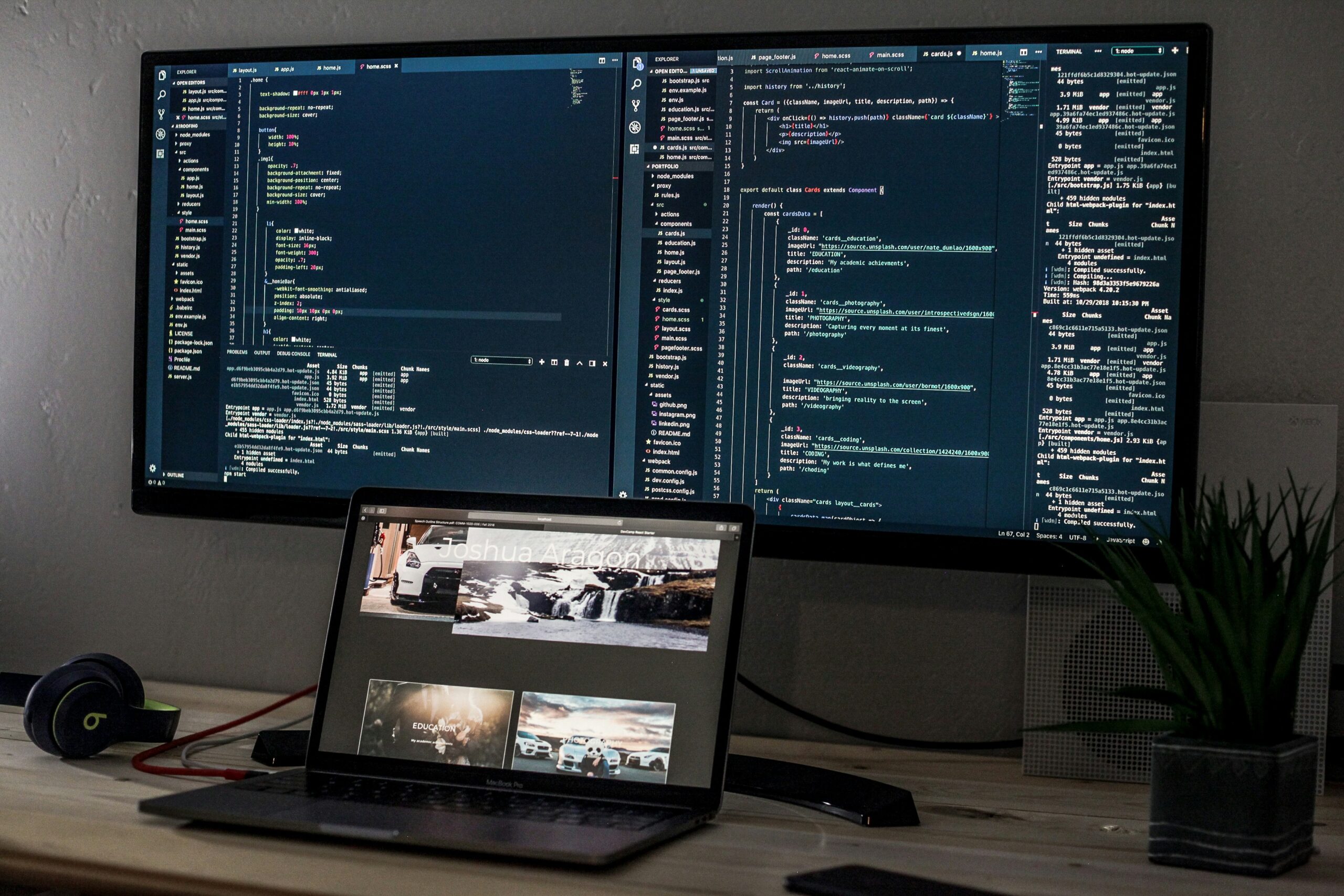What Every Software Developer Should Know About Protecting Their Code
In the startup world, software is often the backbone of innovation—and the biggest asset. Whether it’s a game-changing mobile app, a disruptive fintech platform, or a backend algorithm powering AI tools, the code you write could be worth millions. Yet many startups overlook the legal fundamentals of protecting this code until it’s too late.
Here’s what every developer and founder should know about intellectual property (IP) and software.
-
Your Code Is Copyrighted—But That’s Not Enough
By default, the code you write is protected by copyright law, as long as it’s original and fixed in a tangible medium (yes, saved on your hard drive counts). Copyright protects the expression of the idea—not the idea itself or the functionality.
The problem? Copyright doesn’t prevent someone from recreating your software using a different approach. To get broader protection, you may need additional strategies: explore broader IP strategies like patents, trade secrets, or licensing frameworks as in line with the IP in question.
-
Use Contracts to Define Ownership
Many startups run into ownership disputes when co-founders or freelance developers part ways. Unless you’ve put clear IP clauses in place:
- A contractor may own the code they wrote.
- A co-founder may leave and take their contributions with them.
Solution: Use “work-for-hire” clauses, NDAs, and contributor agreements to clarify who owns what from day one. Explore the best clauses to protect you and your IP in case of contractual disputes.
-
Consider Patents for Core Innovations
If your software solves a technical problem in a novel and non-obvious way, you may be eligible for a software patent—especially in the U.S., EU, or select African jurisdictions.
Patents can protect:
- Unique algorithms
- Data processing methods
- Software-hardware integrations
Note: Pure business methods or abstract ideas are not patentable. A tech lawyer will aid in evaluating if your innovation qualifies.
-
Protect Your Brand with Trademarks
While code runs your product, your brand markets it. A strong name, logo, or slogan sets you apart—and can be protected under trademark law.
Register your product name, platform name, or SaaS service early to avoid costly rebranding down the line or domain disputes.
-
Don’t Ignore Open Source Licensing
Using open source libraries can save time—but misuse can destroy your IP rights. Many open source licenses (like GPL) require you to share your own code if you distribute software built on them.
Understand the difference between permissive (MIT, Apache) and restrictive licenses, and audit your dependencies regularly.
-
Think Globally; File Strategically
Startups aiming for international markets should plan for multi-jurisdictional protection. IP laws vary by country, and enforcement is local. Start by protecting IP in key markets where:
- You operate
- You plan to expand
- You have users or investors
African startups should also explore protections via ARIPO, OAPI, or national IP offices.
Final Thoughts: Protect Early, Grow Smarter
Software IP is more than a legal checkbox—it’s a startup’s competitive edge. Protecting your code and branding from the outset avoids disputes, strengthens investor confidence, and boosts valuation.
At OndagoLegal, we help startups secure their innovations with practical, forward-thinking legal strategies for the digital age.
Need help securing your software’s IP?
Let’s chat. Our team offers tailored advisory for developers, founders, and emerging tech businesses across Africa.

Leave a Reply